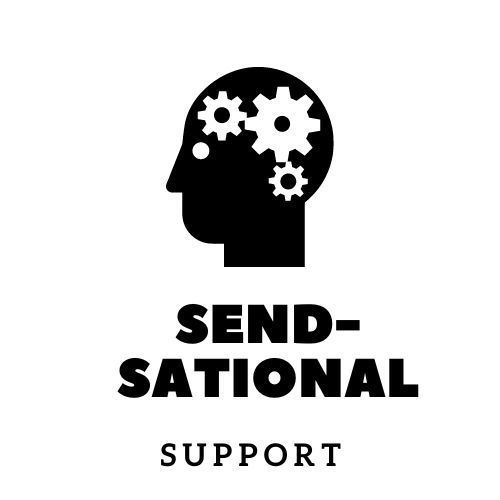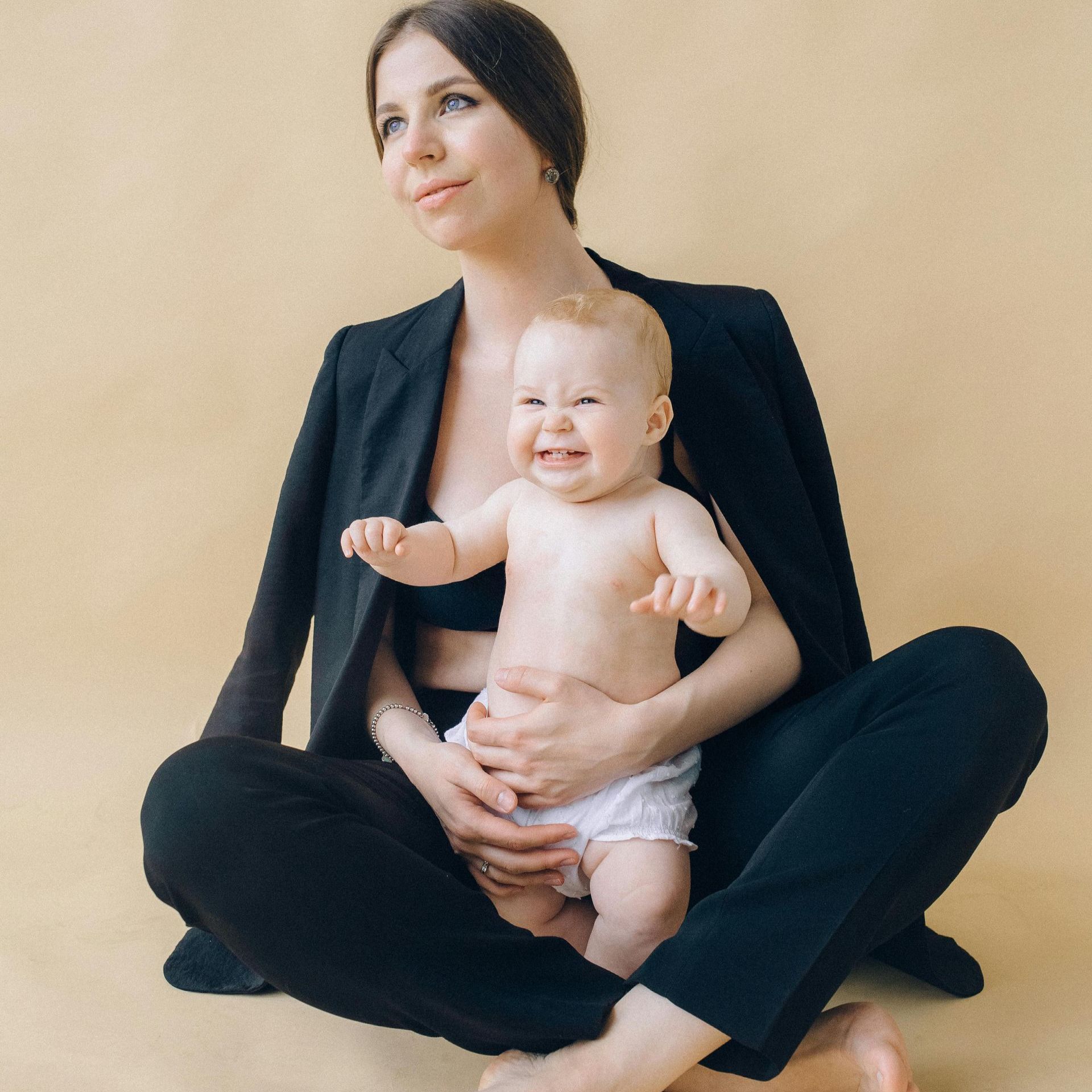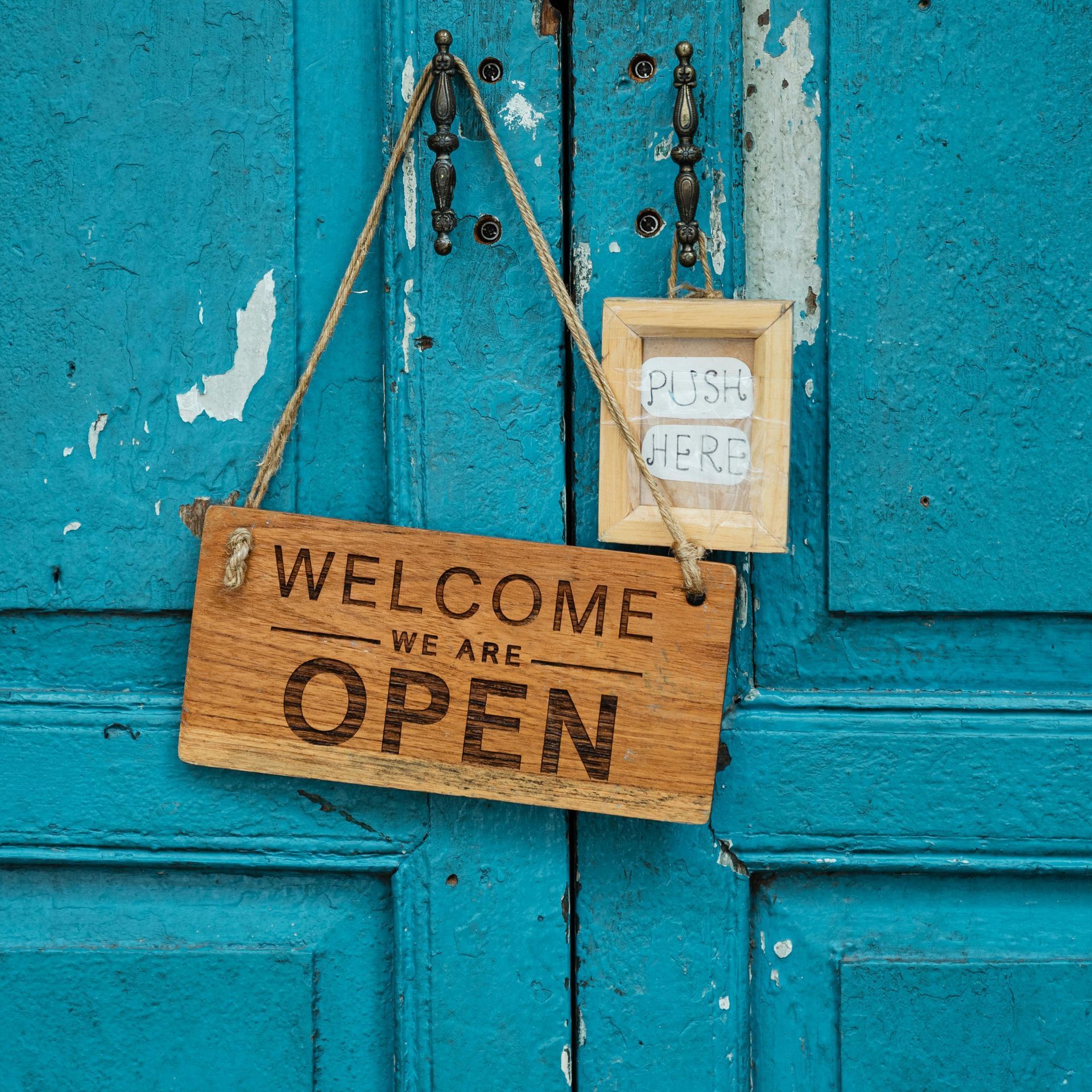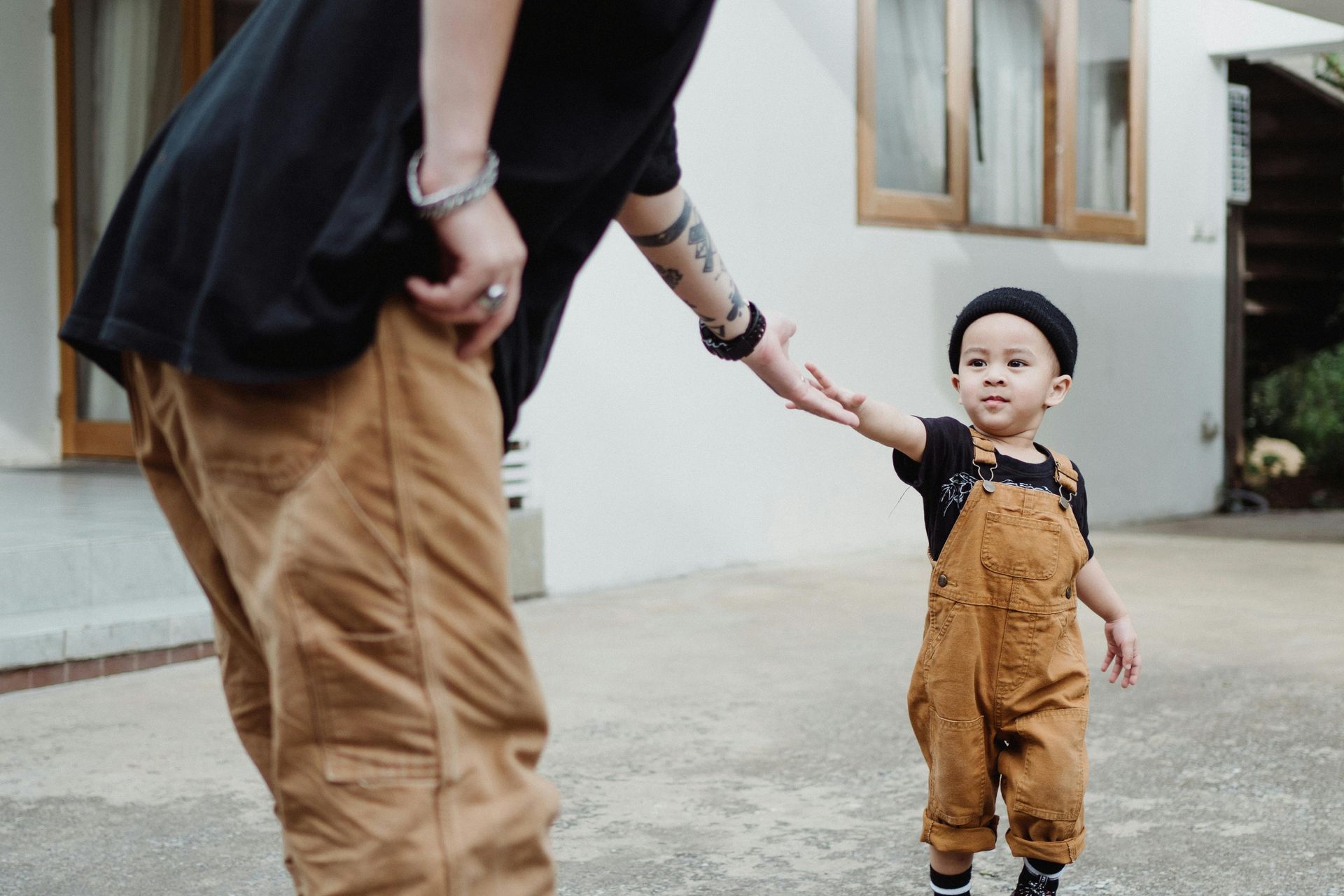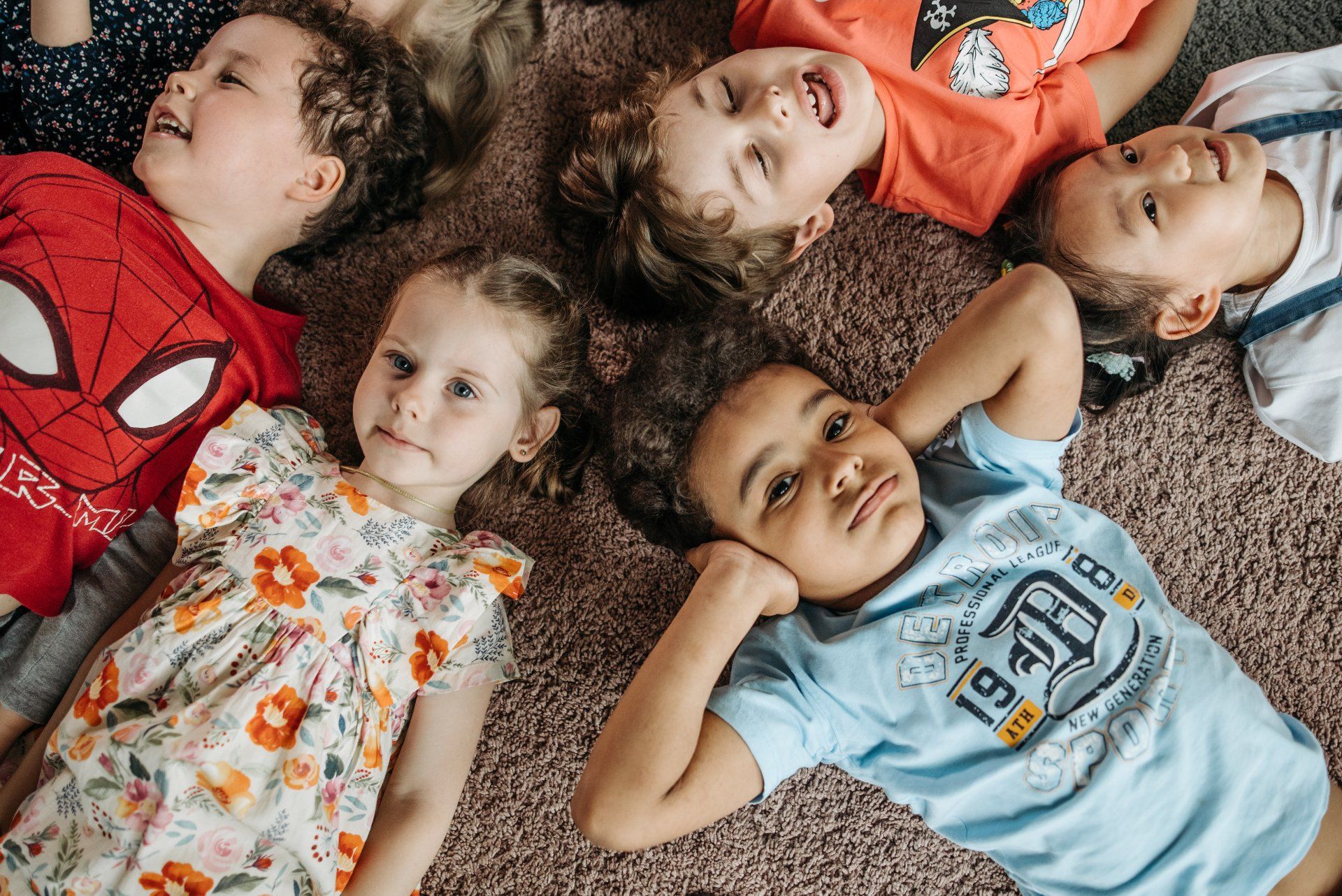A SEND-driven Approach to Early Years Routines
Promoting Inclusivity and Empowerment
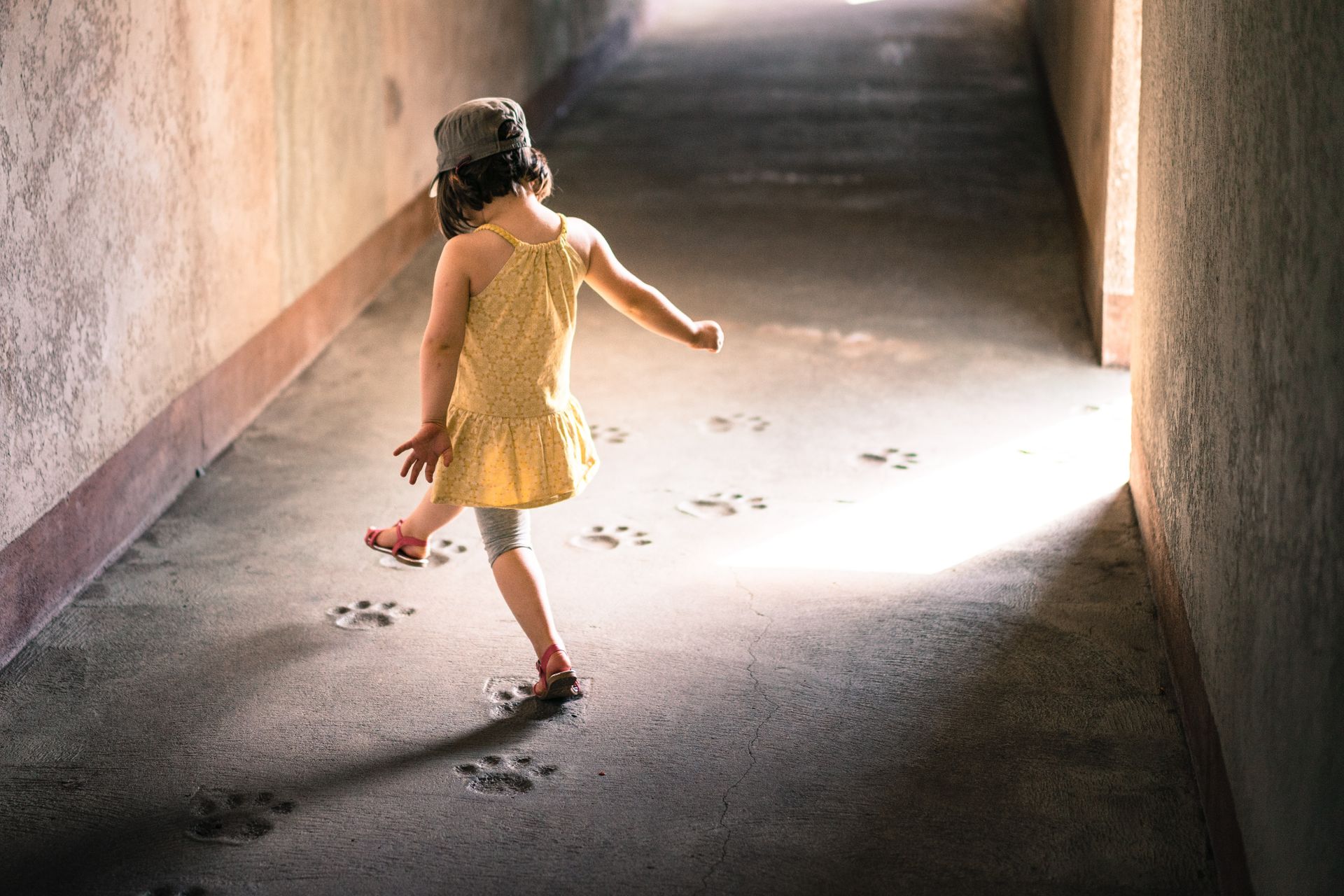
In early years education, inclusive routines serve as the basis of a nurturing and empowering environment, particularly for children with special educational needs and disabilities (SEND). By creating routines that encompass the needs of all children and by strategically incorporating specialist techniques to support those with SEND, we lay the foundation for an inclusive space where each child can thrive and fulfill their potential. This blog post looks at the essentials of instigating inclusive routines and highlights the importance of implementing specialised approaches to uplift children with SEND.
Establishing Structured Predictability
Incorporating inclusive routines establishes a structured and predictable environment, one that supports every child. Routines act as stabilising agents, providing a reassuring sense of consistency and security. Children, within this structured framework, can cultivate a sense of order and familiarity. Routine activities like arrivals, departures, snack times, and transitions become the building blocks that reinforce emotional well-being and help children of all abilities hone their self-regulation skills.
Tailoring Routines to Unique Needs
In the world of inclusivity, routines are never one-size-fits-all. They are adaptable and malleable, ever ready to accommodate the diverse needs of every child. In the spirit of inclusivity, it is essential to consider the distinct requirements of children with SEND and infuse personalized strategies into our routines. Visual schedules, social stories, or sensory supports are just a few examples of the tools we deploy to provide additional structure and support. These adaptations are indispensable to ensure active participation and meaningful engagement for all children.
Implementing Specialised Approaches
To assist children with SEND in realising their full potential, it is incumbent upon us to integrate specialised techniques within our routines. Collaboration with specialists, such as occupational therapists, speech and language therapists, or behavior analysts, is essential. By harnessing their expertise, we develop strategies and interventions that are tailor-made to address individual needs. These specialised techniques, embedded within our routines, serve as catalysts for skill development and progress in the unique areas of development for children with SEND.
Nurturing Peer Collaboration and Support
Inclusive routines also open the gateway to peer collaboration and support, fostering a deep sense of community and belonging. Children are encouraged to collaborate, communicate, and support one another during routine activities. By pairing children with different abilities, they have the opportunity to learn from each other, cultivate empathy, and hone their social skills. Inclusive routines become the stage where every child can contribute and learn from the diverse strengths and perspectives within the group.
Facilitating Individual Goals and Fostering Independence
Our inclusive routines are more than just a framework; they are vehicles for nurturing individual goals and self-reliance, particularly for children with SEND. We meticulously identify specific objectives for each child and weave them into our routines. For instance, a child working on self-help skills is provided opportunities to practice dressing or feeding themselves within the context of routine activities. By weaving these personal objectives into our routines, children with SEND cultivate their abilities, build their confidence, and glow with pride in their achievements.
Basis of a Nurturing and Empowering Environment
Initiating inclusive routines that serve the interests of every child, while simultaneously deploying specialised techniques to bolster those with SEND, is the foundation of an inclusive and empowering early years environment. By customising routines to cater to individual needs, embedding specialist strategies, nurturing peer collaboration, and fostering individual goals, we ensure that every child can actively participate and soar towards their highest potential. Inclusive routines not only constitute the nurturing grounds for holistic development but also instill a profound sense of belonging, propelling children towards a lifelong journey of learning and success.
